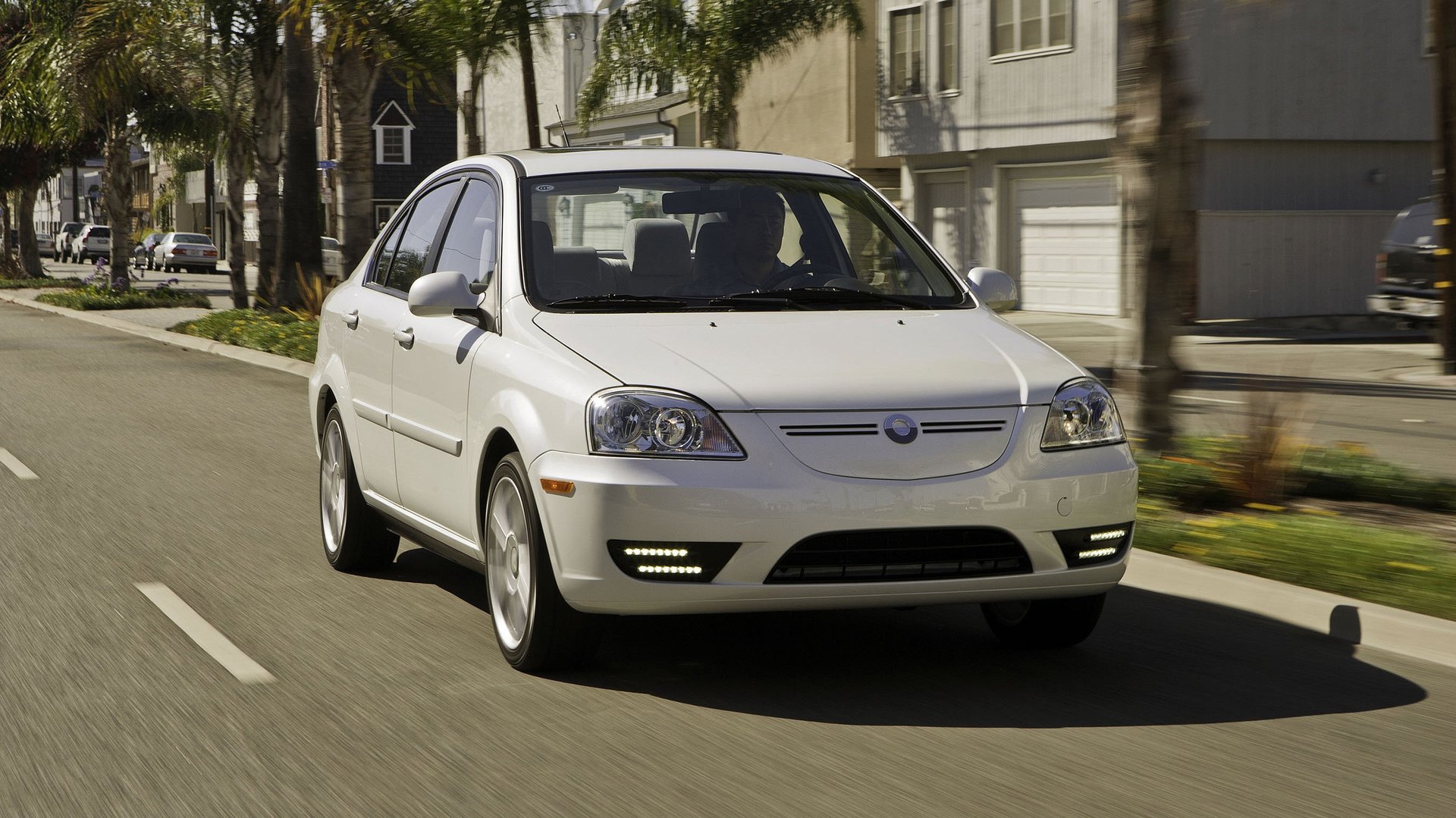Coda Automotive files for bankruptcy as its made-in-China electric car proves a hard sell
Updated at 4 pm ET.


Updated at 4 pm ET.
Another electric car startup has run out of juice. Coda Automotive said today that it has filed for bankruptcy, spelling the end for a unique California-China electric car collaboration.
The move comes as no surprise given that sales of the Los Angeles company’s $38,145 Chinese-made, California-designed-and-assembled sedan had been anemic. Last August, Coda disclosed in a regulatory filing related to improperly installed air bags that it had sold just 78 of the cars, called the Coda. Then in December, Coda laid off 15% of its staff. And as Earth2Tech reported yesterday, Coda’s creditors had already begun to file lawsuits against the company.
In a statement posted on its website, Costa chief executive Phil Murtaugh said Coda would focus on its battery energy storage business post-bankruptcy. “We believe the restructuring process that we have entered into today will enable the company to complete a sale and confirm a plan that maximizes the value of its assets, serving the best interests of our stakeholders,” he said.
Coda spokesman Matt Sloustcher said in an email that Fortress Investment Group has entered a $25 million bid for the company.
Fisker Automotive, another southern California electric car startup that has fallen on hard times, hasn’t been able to interest Chinese car giants or anyone else in the Karma, its stunning and high-profile plug-in electric car.
In many ways, Coda was the anti-Fisker. If Fisker’s six-figure Karma sports sedan screamed sex and power, the Coda wouldn’t get a second look from your grandma. Resembling a circa-2000 Honda Civic but blander, the Coda was manufactured in China by Hafei, a state-owned automobile and aircraft manufacturer. Coda had established a joint venture with another government-owned Chinese company, Tianjin Lishen, to make the car’s battery.
That arrangement was supposed to give Coda a cost advantage, though at nearly $40,000 before incentives, the Coda was no bargain. The Coda did beat the Nissan Leaf and Ford Focus Electric on range—120 miles on a charge versus 75. But the Leaf and Focus were sleek and packed with technology while the Coda appeared chintzy and cheap, like a 1980s Hyundai. While the production model I drove last year was an improvement over the prototype I tested in 2009, it wasn’t going to turn any heads or open many wallets.
All of which just confirms something Tesla Motors’ founding chief executive Martin Eberhard told me back in 2007: Building cars is really, really hard.